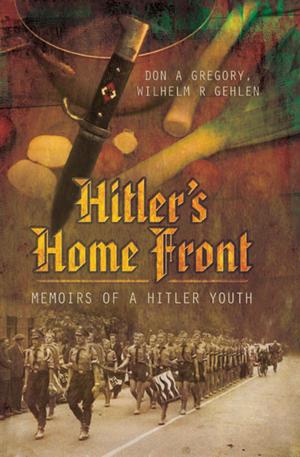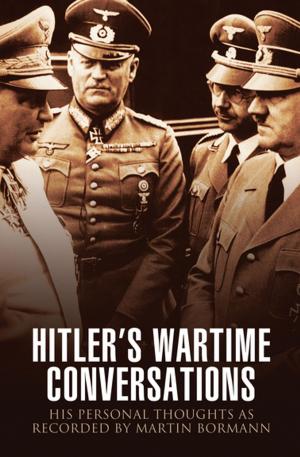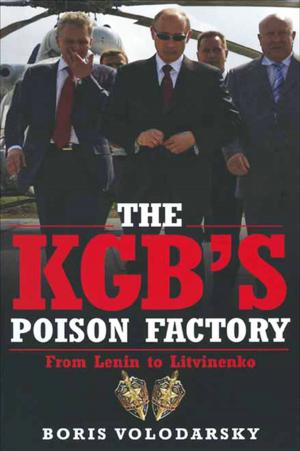| Author: | Anton Rippon | ISBN: | 9781781597378 |
| Publisher: | Pen & Sword Books | Publication: | September 15, 2006 |
| Imprint: | Pen & Sword Military | Language: | English |
| Author: | Anton Rippon |
| ISBN: | 9781781597378 |
| Publisher: | Pen & Sword Books |
| Publication: | September 15, 2006 |
| Imprint: | Pen & Sword Military |
| Language: | English |
This “startlingly good and vividly illuminating book” sheds new light on the Fascist sports spectacle that transfixed the world (The Spectator).
For two weeks in August 1936, Nazi Germany achieved an astonishing propaganda coup when it staged the Olympic Games in Berlin. Hiding their anti-Semitism and plans for territorial expansion, the Nazis exploited the Olympic ideal, dazzling visiting spectators and journalists alike with an image of a peaceful, tolerant Germany. In Hitler’s Olympics, Anton Rippon tells the story of those remarkable Games, the first to overtly use the Olympic festival for political purposes. His account, which is illustrated with almost 200 rare photographs of the event, looks at how the rise of the Nazis affected German sportsmen and women in the early 1930s. And it reveals how the rest of the world allowed the Berlin Olympics to go ahead despite the knowledge that Nazi Germany was a police state.
This “startlingly good and vividly illuminating book” sheds new light on the Fascist sports spectacle that transfixed the world (The Spectator).
For two weeks in August 1936, Nazi Germany achieved an astonishing propaganda coup when it staged the Olympic Games in Berlin. Hiding their anti-Semitism and plans for territorial expansion, the Nazis exploited the Olympic ideal, dazzling visiting spectators and journalists alike with an image of a peaceful, tolerant Germany. In Hitler’s Olympics, Anton Rippon tells the story of those remarkable Games, the first to overtly use the Olympic festival for political purposes. His account, which is illustrated with almost 200 rare photographs of the event, looks at how the rise of the Nazis affected German sportsmen and women in the early 1930s. And it reveals how the rest of the world allowed the Berlin Olympics to go ahead despite the knowledge that Nazi Germany was a police state.















